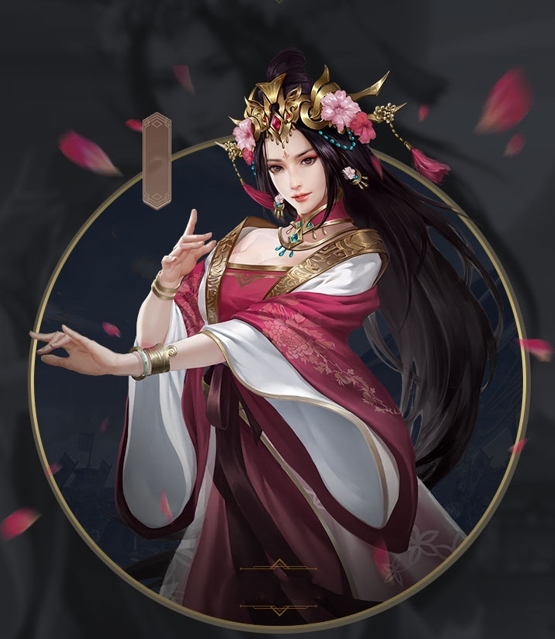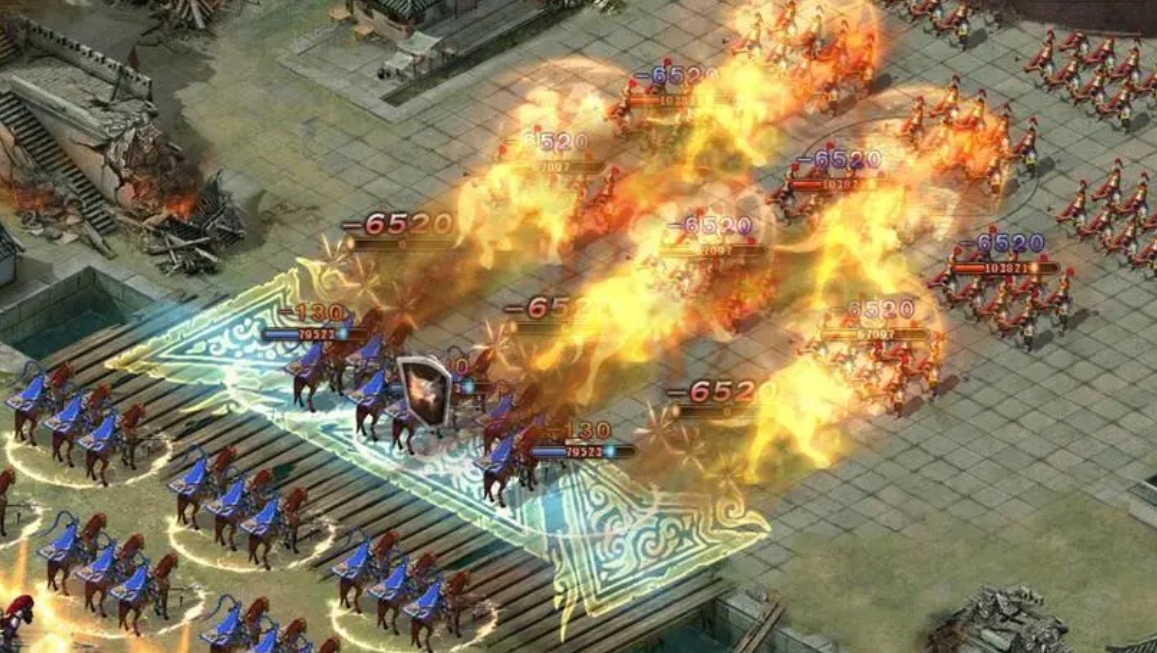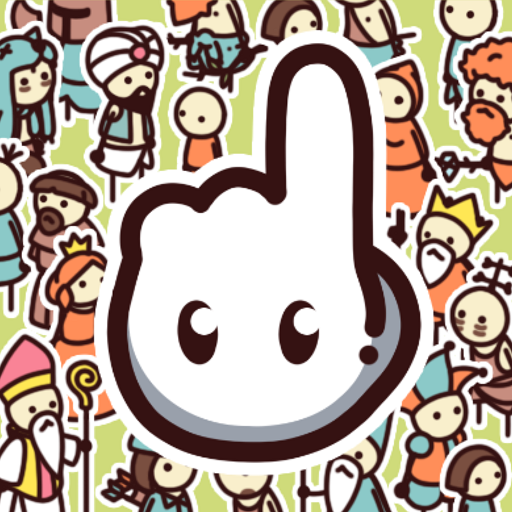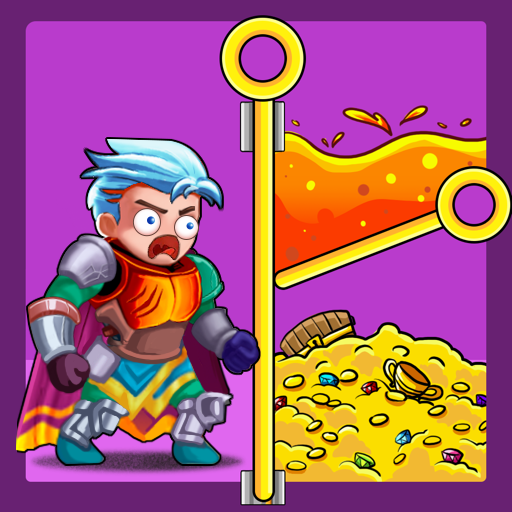The Three Kingdoms period (220-280 AD) in ancient China is often remembered for its fierce military leaders and strategic geniuses, as depicted in classical literature such as Romance of the Three Kingdoms. However, away from the battlefield, the common people of this era devised a myriad of ways to make a living amidst the socio-political turmoil of the time. In this article, we explore the economic landscape that shaped the livelihoods of the populace and how ordinary individuals made money during one of the most celebrated periods in Chinese history.
Agriculture: The Backbone of Economy
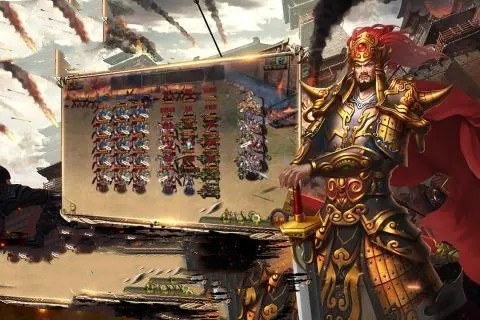
As in most pre-industrial societies, agriculture was the primary economic activity and source of income for the majority of people during the Three Kingdoms period. The agrarian lifestyle involved cultivating crops such as rice, wheat, millet, and sorghum. Given the era's limited technology, this process was labor-intensive and required the assistance of the entire family, including children, to manage the fields.
Land was the most valuable asset. Wealth was often measured by the amount of land owned, and those with extensive holdings were among the wealthiest in society. However, land ownership could be a complex matter. Royal families and nobility generally owned large estates, and some land was owned by the state. The common folk, including peasants and tenant farmers, worked on these estates and paid rent or shared a percentage of the harvest with the landowners.
The state also implemented policies to stimulate agricultural production, such as the well-field system, which aimed to balance land distribution and ensure that every family had a plot to cultivate. Despite these efforts, natural disasters, war, and heavy taxation often threatened the livelihoods of farmers, making agriculture a volatile but necessary pursuit.
Craftsmanship and Artisanal Work

Those not engaged in farming often turned to handicraft trades as blacksmiths, weavers, potters, or carpenters. Artisans often learned their craft through apprenticeships, and their skills could command a good income, especially if they produced goods for wealthier patrons or sought-after military equipment. Skilled craftspeople could operate independently or as part of a larger workshop. In cities and larger towns, artisanal quarters developed, where tradespeople sold their goods directly to customers or via markets.
Trade was pivotal in the Three Kingdoms era economy, as merchants bought and sold a variety of goods, including silk, grains, tea, and pottery. Some traders operated on a small scale, selling their wares locally or through periodic markets (known as market fairs), while others were involved in long-distance trade that connected different parts of China and even foreign lands.
Despite often being viewed with disdain by the Confucian elite—who considered commerce less honorable than agriculture—merchants could acquire significant wealth. Merchant families sometimes rose to prominence, leveraging their economic power to influence local governance and even military affairs.
Warfare was endemic during the Three Kingdoms period, and serving in the military was another way men could earn income. Soldiers received stipends, and there was the possibility of looting during campaigns, although this was a less stable and far riskier means of livelihood compared to other professions.
Advancement in military ranks could lead to notable privileges, including land grants, which would enable a soldier to retire into a life of farming or land management, thereby ensuring a stable income for themselves and their family.
Common people, especially those without land or trade, could earn a living through labor. This included construction work on state projects like fortifications, palaces, and infrastructure, as well as working in the service of wealthier households. While this was often the least desirable and lowest-paying work, it was readily available, providing subsistence for those with minimal other options.
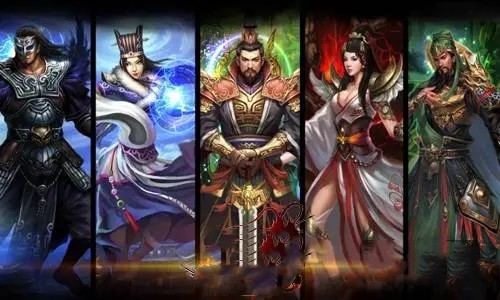
A small subset of society made their money through intellectual or bureaucratic pursuits. The educated elite could aspire to governmental service, where they could earn salaries for their administrative or advisory roles. Confucian education was highly valued, and those who succeeded in competitive examinations could secure a path to relative prosperity and social status.
Entertainment was another avenue for earning a livelihood. Performers, musicians, storytellers, and other entertainers provided cultural enrichment to society, often patronized by the wealthy or performing at public festivals and gatherings. These professions, however, did not guarantee a stable income and often depended on the performers' ability to attract and retain the attention of an audience.
Life for the common people in the Three Kingdoms era was not always stable. Wars and political upheavals frequently disrupted economic activities. Military conflicts could lead to conscription, population displacement, destruction of crops, and interruption of trade routes. The rise and fall of different warlords often entailed changes in taxation and policies that directly impacted the livelihoods of the ordinary people.
The economic fabric of the Three Kingdoms period was diverse and complex. Commoners had to navigate a world of uncertainty shaped by war and political ambition, yet they developed various ways to make a living from the land, their trades, or service to others. Whether tilling the fields, forging weapons, trading goods, or entertaining crowds, the common people showcased resilience and ingenuity that provided not just survival but the foundation of society during one of the most captivating epochs of Chinese history. Despite the illustrious tales of heroes and battles that dominate our imagination of the era, it is worth remembering the remarkable economic endeavors of those who lived in their shadows, for they are the true unsung artisans of history.




